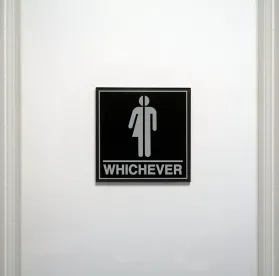Claiming that frequent restroom breaks were required by a pregnancy-related medical condition, a former employee’s claims were allowed to proceed under the Americans with Disability Act, but not Title VII. In Wadley v. Kiddie Academy International, Inc., plaintiff alleged that the employer discriminated against her because of a pregnancy-related disability by discharging her for leaving a classroom “out of ratio” when she left to use the restroom. Upon learning of her pregnancy, the worker advised the employer of her previous miscarriage due to frequent urinary tract infections and provided a doctor’s note stating she frequently would need to use the restroom. During one work day, she was the only individual assigned to a room. She asked for help so she could use the restroom. Eventually, a co-worker came to offer coverage so plaintiff could leave to use the restroom. Despite that coverage “accommodation”, she was discharged for leaving the classroom “out of ratio” when she left to use the restroom.
Plaintiff filed suit under the ADA and Title VII, but her lawsuit was dismissed under Title VII since there was no showing that men were treated more favorably than this female plaintiff. However, under the ADA a contrary ruling was rendered even though the ADA generally provides that pregnancy is not a disability. While the condition is not a covered one, related medical conditions may be subject to ADA protection said the trial court. Under many states’ and cities’ fair employment practices laws, a similar denial can be expected. As such, employers should engage in the interactive process, and seek to provide reasonable accommodation, unless the requested accommodation clearly creates an undue hardship.




 />i
/>i

